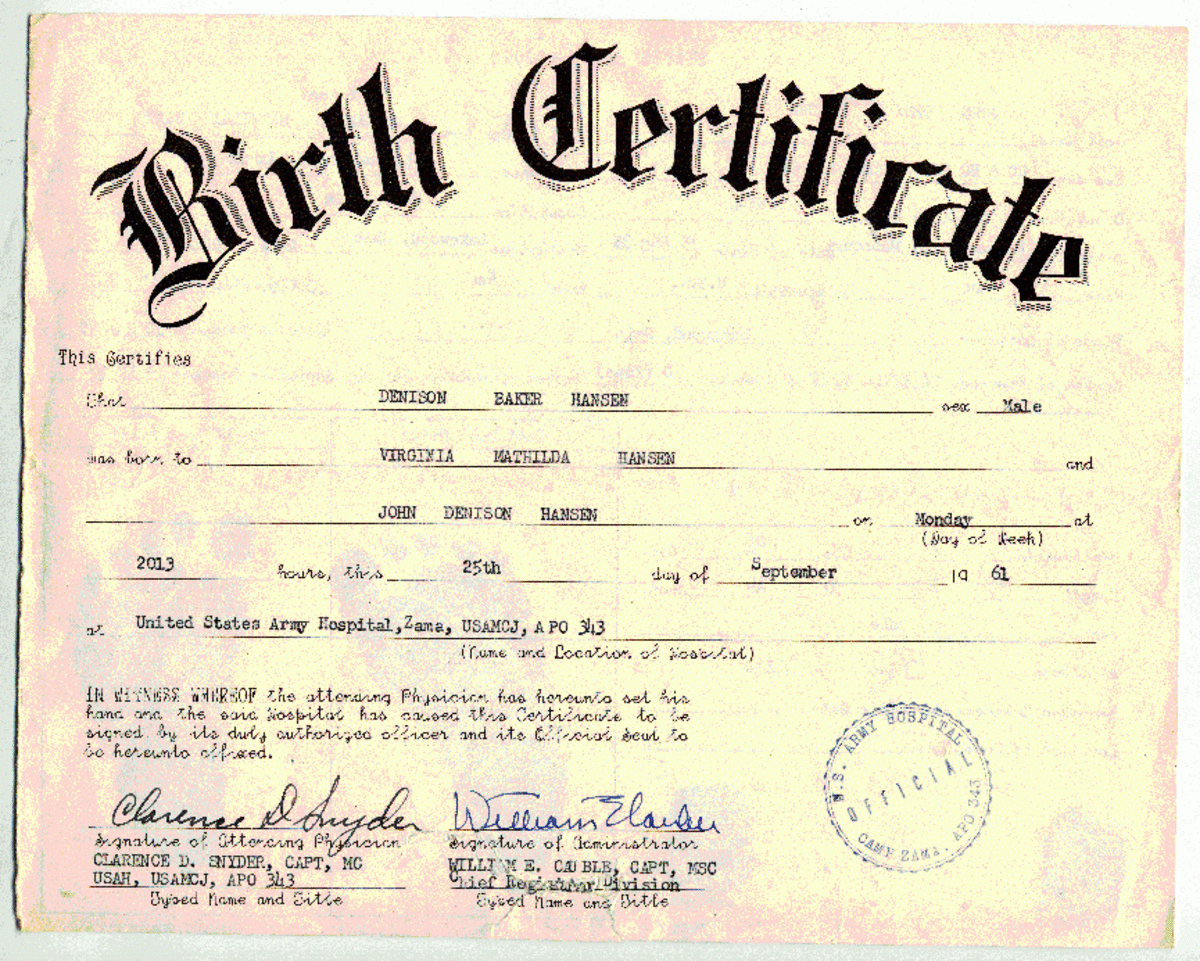Corporate and Big Business Taxes Fraud Solution: Don't Tax Them

Corporations and Big Business Taxes Solution: Don't Tax Them
Get More Taxes From Big Business - Don't Tax Them
from the Curmudgeon's desk: GA Anderson
Big businesses or corporations are not all evil, or bad, or greedy, and they generally pay all the taxes that they are required to pay. However, judging from media polls many Americans don't see it that way. They think big companies or corporations are greedy unpatriotic tax dodgers that put profit and the almighty dollar first, above all else. That may be because they don't understand the real problem.
Most Americans that complain about big corporations have only a vague idea of what a corporation is.
It is a business structure directed by people; typically a Board of Directors, (BD), that gives direction to the company's management. An easy definition of what qualifies as a big business or corporation, (at this level, they are the same thing), is that if they are big enough to be traded on the stock exchange, then they qualify as a big business*, and these businesses are some of the most scrutinized and regulated entities in our economic system. The problem isn't big business, it's the rules and corporate tax codes that apply to them.
So if you want more taxes from them or more patriotic responsibility - then don't tax corporate profits at all, because the U.S. tax code is a primary driver of all their actions to retain that profit. Almost all the "bad things" people think corporations do are related to the government's involvement, from tax codes to incentive programs.
*there are privately held companies, (no public stock ownership), that also qualify as big business.
Big Businesses or Corporations Don't Make Decisions - People do.
A corporation isn't greedy, but the people directing it's actions may be. A corporation doesn't take jobs overseas, but it's management may. A corporation does not dodge taxes, but the people running it will hire the best tax accountants to take advantage of every tax break or loophole they can find. A corporation is only a business structure. Not an evil or greedy entity. It can be compared to a car; the sole purpose of which is transportation. However, it is unable to accomplish that purpose without human action and direction. Same for a corporation; its sole purpose is to provide a business structure for the capitalistic pursuit of profit, but it can do nothing without human action and direction.
The perceived evils of big business aren't that at all, they are the evils of greedy people. Once that is understood, it is much easier to see the real problems, individually, not as a generalization of "big business" or "big corporations," that only serve to mislead and misdirect public attention from the real causes.
One Solution: Don't Tax Corporate Profits
The best way to tax corporations is to not tax their profits at all. That's right, zero corporate taxes. Let them keep all their profits, tax-free. Instead, tax the distribution of those profits.
Here's the logic: People start businesses to make a profit. It's that simple. That is the purpose of being in business. Why else would anyone start a business in our capitalistic economy if it wasn't to make money? And the only way to make money is to; 1) price the product or services such that when all business expenses, (taxes are a business expense), are deducted, there will be something left - a profit, and, 2) control those business expenses in the most efficient way possible to protect that profit.
A young kid's corner lemonade stand is a business. Is that young kid doing it just to cover costs and hand out lemonade for the fun of it, or to make a little money--a profit--to buy something they want? Would it be logical to begrudge that kid a profit? Are they evil or greedy for wanting to make money? A corporation is exactly the same concept, just on a larger scale. So if it is okay for that young kid to make a profit, why is it wrong for a corporation to make a profit?
It is not wrong for either one to make a profit, and it is not wrong for either one to try to keep as much of that profit as they can, while still obeying the rules. And corporations have a lot of rules to obey. That is the problem. Too many government rules, and too many politicians willing to make new ones.
To get more tax money from corporate profits - stop taxing them. Get rid of the corporate tax code rules and government subsidy programs. Leave the profits alone and the corporations won't need to buy politicians or hire legions of tax lawyers and CPA's to change or get around those rules.
The Upside-Down Proof of the No-Tax Logic
In what will seem like twisted reasoning, an excellent, and very legitimate report, (2 years in the making), from Citizens for Tax Justice* readily shows that the problem is the very act of taxing corporate profits, not the rate of taxation. The report - titled: "Corporate Tax Payers and Corporate Tax Dodgers," looked into the Federal taxes paid by 280 companies from the Fortune 500's" list of top U.S. corporations, for the years: 2008-2010,
During this period the Federal corporate tax rate was 35%.
Their findings, for a three-year average, (2008, 2009, 2010):
- 71 companies paid more than 30% (average tax rate of 32.5%)
- 98 companies paid between 17.5% - 30% (average tax rate of 24%)
- 111 companies paid less than 17.5% (average tax rate of 4.6%)
But... of those final 111 that paid less than 17.5% corporate taxes:
- 67 companies paid an average tax rate of 0% - yes, 67 huge corporations paid zero dollars in taxes averaged over a 3-year period
- 30 companies paid (-6.7%) in taxes - in other words, our government paid them 6.7% of their corporate taxes in tax rebates and actual refunds.
That doesn't seem to buttress the argument to stop taxing their profits at all, until you look at the reasons these companies were able to get away with not paying any taxes, or even getting tax refunds, on hundreds of millions of dollars of profit. Even worse, all their actions were perfectly legal. They played by the rules.
The reasons they were able to do this; (the report's conclusions):
- A tax code that was rife with special interest loopholes. How do the loopholes get there? Political legislation, so don't blame the corporations, blame the politicians
- Government tax deductions; like the "bonus" 1-year 50% additional depreciation allowance. It sounds complicated, but it boils down to a free 50% increase in the tax deduction on business equipment and machinery in the first year. The effect is a reduction of taxable profits. How did that extra 50% "bonus" get there? Political legislation, so don't blame the corporations, blame the politicians.
- Government incentive programs; programs that offer business tax breaks and deductions if they do something the government wants. Analogous to the government paying farmers NOT to plant crops, only relative to business practices instead of crops. G.E. received hundreds of millions from these incentive tax breaks and deductions. Some in response to their actions to move plants and jobs overseas. How do these incentives and tax breaks get on the books? Political legislation, so don't blame the corporations, blame the politicians
- Government subsidies; our government actually subsidizes a portion, or all of some business' expenses when they do something the government wants, or thinks is beneficial to America. How are these subsidies created? By political legislation, so don't blame the corporations, blame the politicians. And who decides if a company gets these subsidies? Government bureaucrats. I think we all remember Solyndra.
All of that just seems to affirm that corporations really are greedy tax dodging un-American and immoral profit monsters. But what it proves, in fact, is that corporations play by the rules. It is not the corporations that are greedy, it's their directors and the politicians that do their bidding for money and influence.
The problem is the rules. Too many, and too wrong. Get rid of them and stop taxing corporate profit. Take away the motivation and opportunity. Let them make all the profit they want. Let them take all the effort they devote to "working" the tax laws to protect that profit and turn it to making more profit. Then tax the distribution of that profit, not the corporation that makes it.
*Citizens for Tax Justice is a non-profit, non-left, non-right, organization, and you can read the report that supplied the above details here.
The Real Big Business Tax Problem
The real Big Business tax problem is not what they do, but what the rules allow them to do. And who makes the rules? Politicians. So the best solution; get rid of the rules... and the crooked politicians that can be bought to make them.
The reason Zero corporate taxes is the solution.
If there are no corporate taxes, then there is no need for the 1000's of pages of tax code that applies to them, or the accountants hired to exploit them, or the off-shore dodges to get around them, or the crooked politicians paid to create them. Problem solved.
But then where does the government get legitimate taxes from the corporations?
From the distribution of the profits. Corporations may make profits, but they don't keep them. The profits go to the people that own the company; the shareholders, in the form of dividends.
After a company deducts all of its business expenses, (taxes are a business expense), what's left is the profit, which is then divided up and distributed to the shareholders in the form of dividends. That's where corporate profits can be easily taxed, without all the other issues that are involved in corporate tax codes.
Yes, the income tax code is a problem too, but at least it is a problem much less easily manipulated by influence peddlers. And it will also be harder, (hopefully), to get special-interest loopholes and rules implemented into the general income tax codes. But at least if the issue is in the general arena of income taxes, any efforts to manipulate the rules will be individual efforts, and not those of powerful industry lobbying efforts.
So stop complaining about big business and big corporations. They are not the problem. They can only do what people direct and/or allow them to do.
Complain about, and act on, the real problems; influence-peddling and corrupt politicians. You have two very powerful tools: the vote of your consumer dollar; don't spend it with companies you don't think are good citizens, and your political vote,- don't spend it on corrupt politicians.
If you aren't willing to do that, then stop complaining - you forfeit your right.
See more GA Anderson Political articles
© 2012 ga anderson








